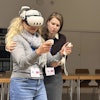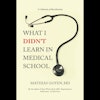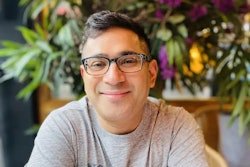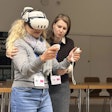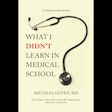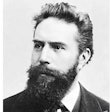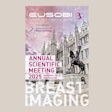In the U.K. medical space, black representation is currently low, and there are many factors as to why this is the case, penned National Health Service (NHS) clinical oncologist Dr. Ken Oguejiofor in a special Black History Month post for the Royal College of Radiologists (RCR).
"This is a reflection of the working-age population at large and low numbers enrolling in UK medical schools," stated Oguejiofor in the 17 October RCR blog, "Breaking barriers: Sharing my medical journey for Black History Month."
From Nigeria, Oguejiofor attended medical school before moving to the U.K.
 Dr. Ken Oguejiofor.
Dr. Ken Oguejiofor.
"A lack of diversity in workplace cultures, support networks for black medical students and access to education and resources are just a few areas where more effort needs to be made to address these issues," Oguejiofor said, adding that his journey into medicine was shaped by a personal loss during his early years.
Oguejiofor's post explained that he enrolled at the University of Manchester for a master’s degree and then with Catherine West, a professor of radiation biology, he pursued his PhD, eventually moving to Southampton for core medical rotations and registrar training in the Wessex deanery clinical oncology scheme.
"My advice to the next generation of black doctors working within the NHS is to look out for supportive mentors early in your career to help guide you and always put the patients first to deliver excellent care," Oguejiofor wrote. "I have been fortunate to meet colleagues who were keen to support my journey and, as I reflect on my career now, I hope that I’m making a difference to patients and their families."
On another positive note, Oguejiofor said, "I am seeing first-hand how it is becoming more diverse at both junior and senior levels, and I hope this will continue as more international medical graduates join the U.K. medical workforce and black medical student enrolments increase."
Read the full post here.


